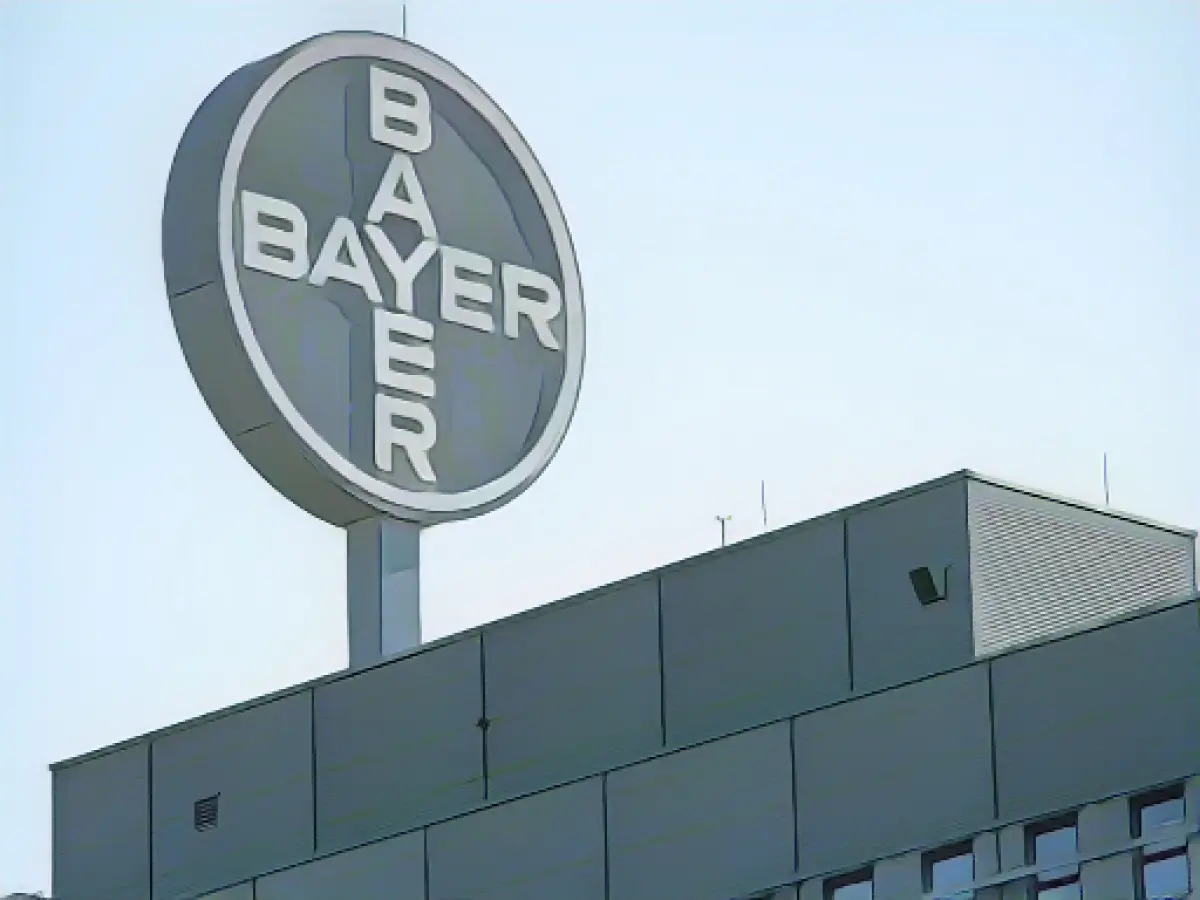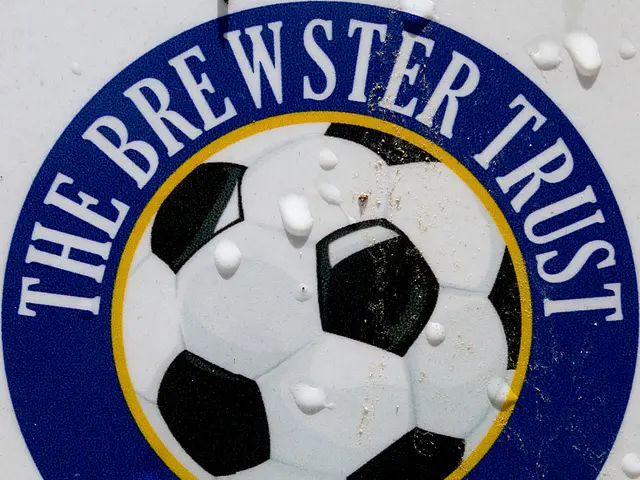Bayer Scraps Study for Unsuccessful Anticoagulant Drug
In a disappointing turn of events, pharmaceutical giant Bayer has halted a critical trial for its promising anticoagulant drug candidate, Asundexian. The company announced the premature termination of the Phase III study late Sunday evening, citing ineffectiveness compared to standard treatment.
Asundexian, touted as a potential successor to Bayer's popular drug Xarelto, was expected to rake in peak annual revenues exceeding five billion euros in the long term. However, the aspirations for this anticoagulant drug took a hit as it fell short of expectations, leading Bayer to call off the trial.
Originally designed to reduce bleeding risk, Asundexian's active ingredient failed to live up to its hype when pitted against the standard apixaban treatment. Despite the disappointing results, Bayer's dedicated chemistry team plans to delve deeper into the data to glean insights for future research endeavors.
Behind the Decision
The untimely decision to halt the trial carries a few potential reasons and implications:
- Thromboembolic Events: The trial was discontinued due to a higher incidence of thromboembolic events in the Asundexian group compared to the standard treatment group. This could indicate that Asundexian might not be as effective as hoped in preventing thromboembolic events.
- Efficacy Concerns: The early termination of the study hinted at Asundexian's inability to demonstrate sufficient efficacy to merit continued research. This could stem from various factors, such as the drug's mechanism of action, dosage regime, or the specific patient population under observation.
- Safety Profile: Although Asundexian boasted lower rates of major bleeding than apixaban, the higher-than-expected frequency of thromboembolic events skewed the balance in favor of the latter. This underscores the critical role of balancing efficacy and safety in drug development.
Consequences and Implications
Bayer's decision to cut ties with Asundexian might spell significant ramifications for its pharmaceuticals division, particularly in the lucrative medical field. The marketing and financial projections for Asundexian could require a serious rethink, potentially prompting a review of investments in this particular drug and diverting resources toward more promising candidates.
Regulatory bodies might also feel the ripples from this decision. The discontinuation of a Phase III trial, especially one with high revenue potential like Asundexian, could impact Bayer's chances of securing regulatory approval for the anticoagulant drug.
Competitors, sensing an opening, may leverage this opportunity to bolster their presence in the burgeoning atrial fibrillation drugs market, which is projected to grow exponentially, reaching USD 62.64 billion by 2033[-3].
Lastly, this development serves as a learning opportunity for Bayer to refine their research and development strategies, ensuring future candidates exhibit both efficacy and safety before entering the market.
In conclusion, Bayer's decision to end the Phase III trial for Asundexian underscores the importance of thorough clinical trials in upholding the necessary standards for drug safety and efficacy. The repercussions of this decision on Bayer's financial and regulatory strategies, as well as the competitive landscape, are significant and will shape the trajectory of their anticoagulant market offerings.







